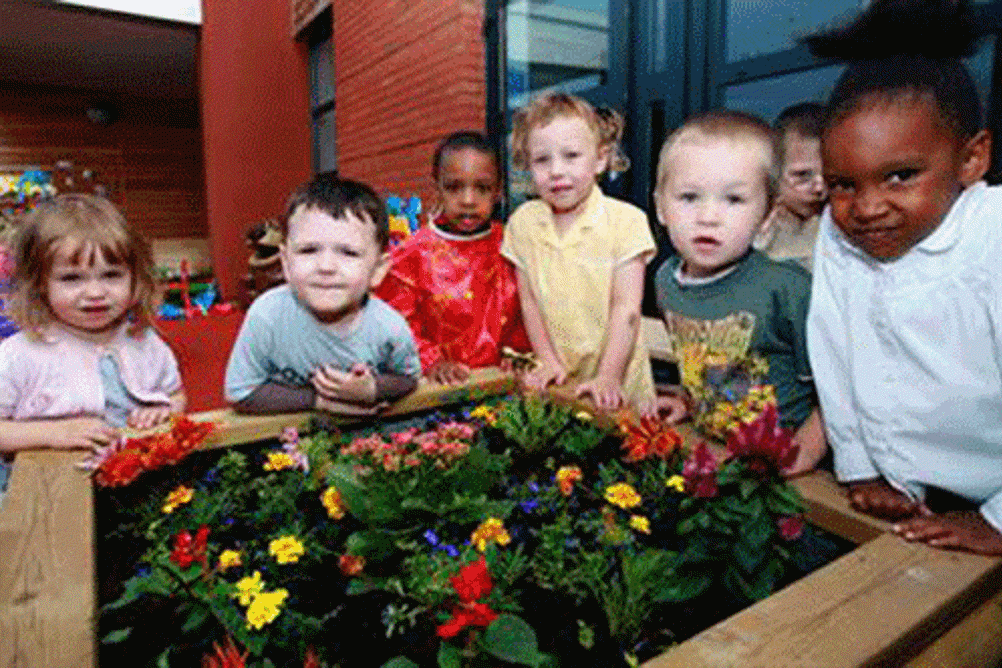
Speaking at the National Children and Adult Services Conference, Ann Gross, director of early years and special educational needs at the DfE, said government is considering options to allow councils the flexibility to decide which two-year-olds would be classified as being within the 40 per cent most disadvantaged when free places are extended in 2014.
Her comments came after Howard Woolfenden, director of safeguarding children and families at Rotherham Metropolitan Borough Council, said his authority is already working to develop local discretionary criteria for the entitlement.
He said the authority is considering extending its local entitlement beyond the current target group of the 20 per cent most disadvantaged children, as measured by eligibility for free school meals.
“We’re having a very close look at the troubled families criteria as well,” he said. “We’re also having a look at children in need, and how this programme could support them.”
Gross confirmed that the department is looking at how it can support low-income families, children with complex needs and looked-after children when the free entitlement is made available to the 40 per cent most disadvantaged children in 2014.
“I recognise the importance of keeping some element of local flexibility,” Gross said. “I can see why that’s important and necessary, and we’re thinking about that. We’ll do our best to try and strike the right sort of balance on those issues.”
The DfE’s consultation on eligibility for the extended entitlement closed earlier this month.
Register Now to Continue Reading
Thank you for visiting Children & Young People Now and making use of our archive of more than 60,000 expert features, topics hubs, case studies and policy updates. Why not register today and enjoy the following great benefits:
What's Included
-
Free access to 4 subscriber-only articles per month
-
Email newsletter providing advice and guidance across the sector
Already have an account? Sign in here

